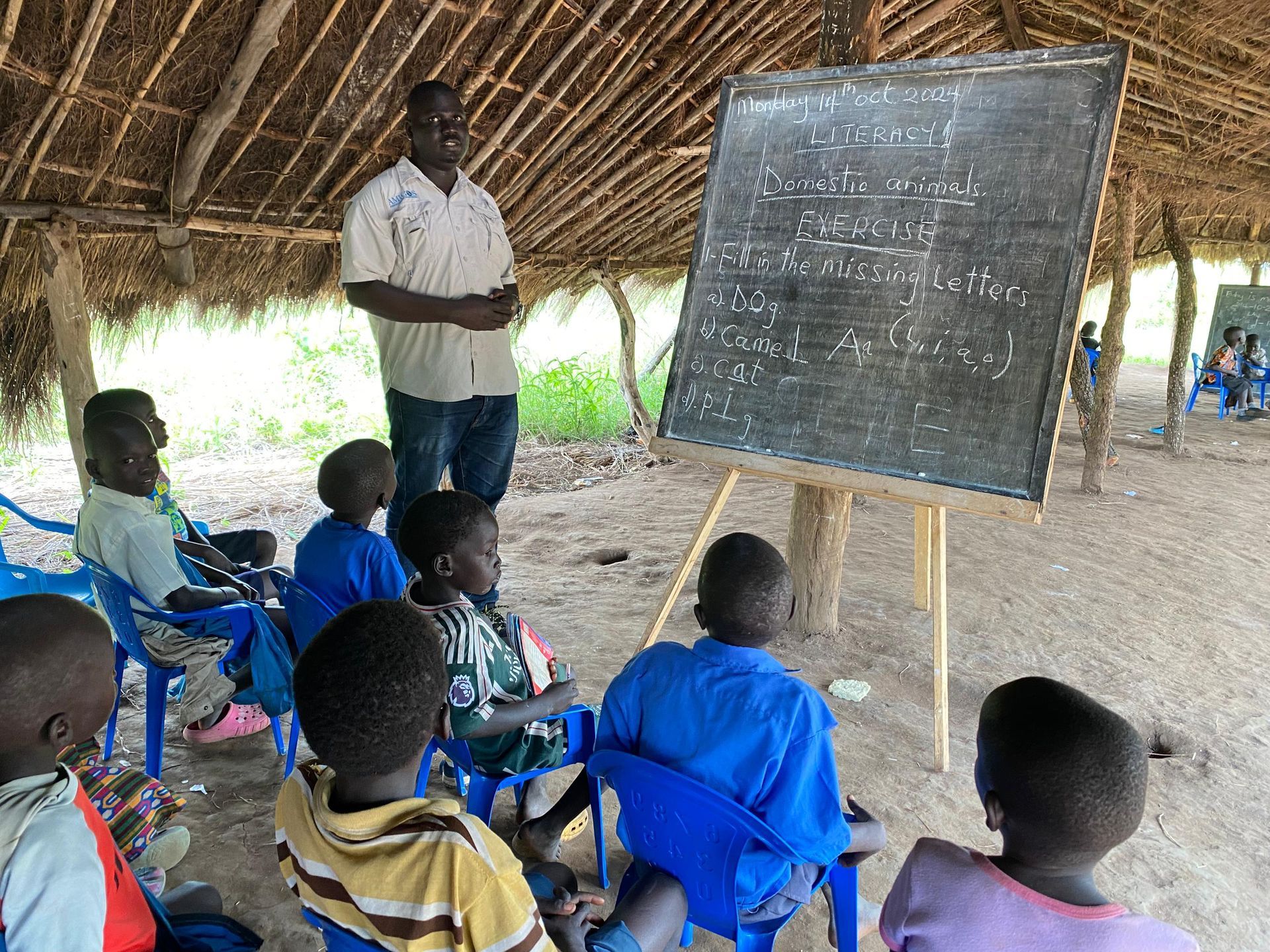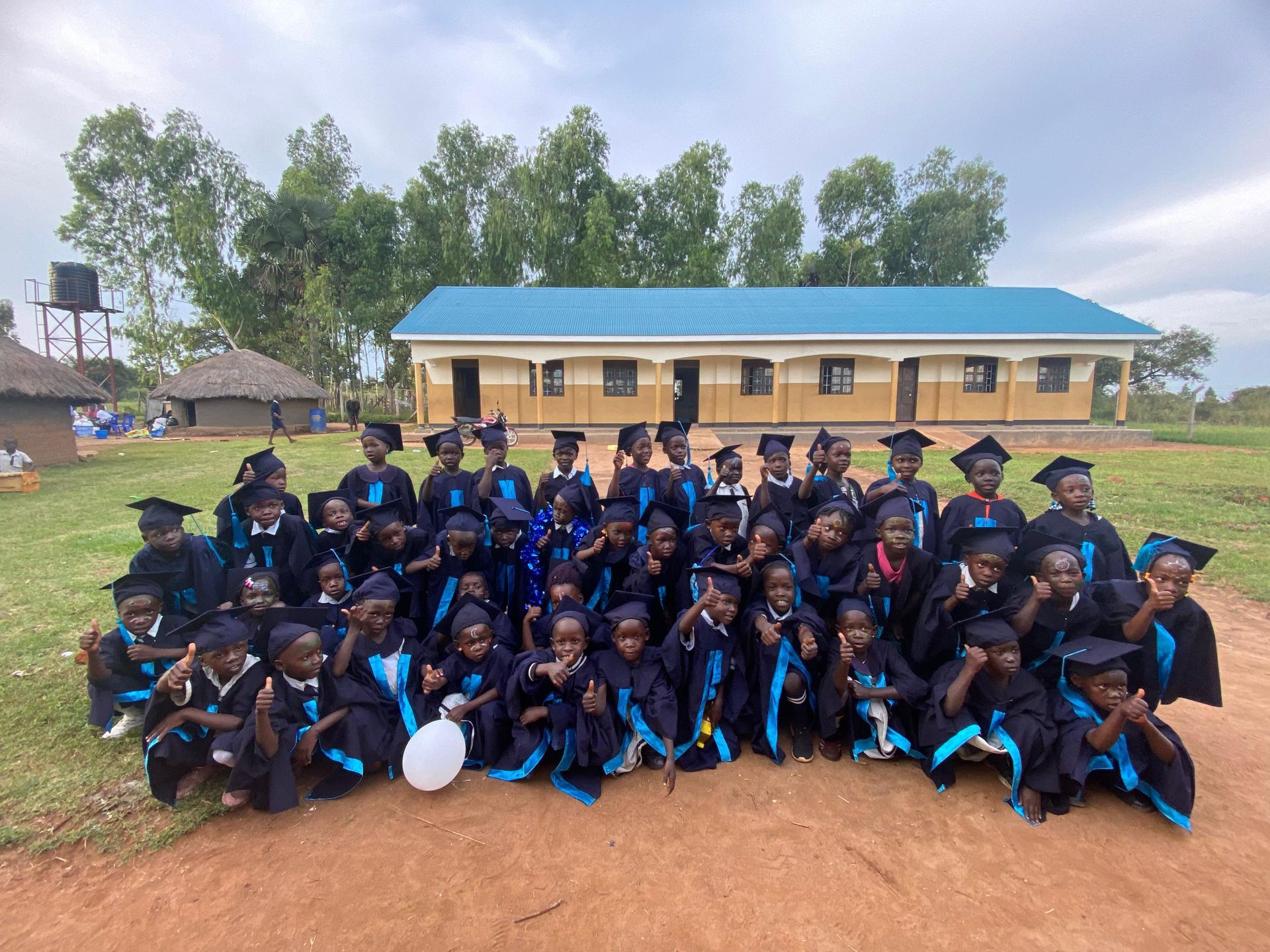833 264-4674 info@amigosii.org
Education advocacy plays a crucial role in shaping the future leaders of our society. By promoting equitable opportunities and fostering a supportive learning environment, we can empower the next generation to succeed. In this blog, we will explore the importance of education advocacy, the challenges faced by students today, and how we can work together to create positive change.
Understanding Education Advocacy
Education advocacy encompasses efforts to promote policies and practices that enhance learning opportunities for all students. It involves raising awareness about educational issues and advocating for necessary changes. This advocacy can take many forms, ranging from ensuring funding for resources to addressing systemic inequities in our education system.
At its core, education advocacy is about amplifying the voices of those who are often unheard. This includes students, parents, and teachers who face barriers in accessing quality education. When we engage in advocacy, we provide a platform for diverse perspectives, helping to identify the real challenges that impact learning experiences.
Moreover, understanding the role of education advocacy is essential for those looking to make a meaningful difference. By delving into the history of educational reforms and the current landscape, advocates can better strategize their efforts. The journey begins with informed individuals who are passionate about improving educational systems.
The Importance of Empowering Future Leaders
Empowering future leaders starts with providing them with equitable access to education. When students are supported and encouraged, they are more likely to become confident leaders in their communities. Each child deserves the chance to unlock their potential through knowledge and skill-building, no matter their background or circumstances.
Each student's journey is unique, yet the impact of education as a transformative force remains constant. When we invest in youth through comprehensive education advocacy, we foster an environment where creativity flourishes, critical thinking thrives, and leadership skills are honed. In doing so, we not only influence individual lives but also the future of society at large.
Furthermore, empowering these future leaders means equipping them with the tools to navigate challenges and seize opportunities. This depends largely on creating supportive environments where mentorship and resources are readily available. When leaders emerge from diverse backgrounds, they bring with them fresh ideas and innovative solutions to societal issues, enriching the collective wisdom of our communities.

Current Challenges in Education
Despite the advancements in education, many students still face significant barriers, such as lack of resources, inadequate support systems, and socio-economic challenges. Acknowledging these challenges is the first step toward effective advocacy. Students in underfunded schools often lack basic supplies, technology, and access to experienced educators, factors crucial for their academic success.
Moreover, social disparities can create additional hurdles. Students from marginalized communities may encounter biases and stereotypes that hinder their educational experiences. Tackling these issues requires a systemic approach, advocating for policies that focus on inclusivity and support. It's imperative that advocates listen, understand, and respond to the unique needs of diverse student populations.
Additionally, the mental health of students cannot be overlooked. With rising anxiety and stress levels among youth, educational environments must prioritize mental wellness. Advocacy efforts should aim to integrate mental health programs in schools, ensuring that students receive the support they need to thrive academically and personally.

Strategies for Effective Education Advocacy
Effective education advocacy involves collaboration among educators, parents, and policymakers. Developing clear strategies, such as grassroots campaigns and community engagement, can significantly impact educational policies. Collaboration encourages a shared ownership of the issues at hand, fostering collective accountability and transformative actions in education.
One strategy that has proven successful is building partnerships with local organizations. By leveraging community resources and expertise, advocates can create multifaceted approaches to address educational challenges. These partnerships can lead to more tailored support that directly responds to the needs of students and schools.
Additionally, utilizing social media as a tool for advocacy allows for wider outreach and engagement. Online platforms can raise awareness about important educational issues, mobilizing community members to take action. Success stories, impactful statistics, and calls to action shared online can inspire many to join the advocacy efforts, creating momentum for change.
How to Get Involved
Everyone can play a role in education advocacy. Whether through volunteering, joining local education boards, or raising awareness on social media, there are many ways to contribute to the cause. It's important to first identify your passions and strengths—deciding how you can best lend your voice to the educational landscape.
Engaging in local initiatives can have a significant impact. Attending school board meetings, participating in town halls, or joining advocacy groups can provide insights into the pressing issues within your community. By becoming informed, you arm yourself with the knowledge needed to effectively advocate for change.
Furthermore, sharing your experiences and knowledge on platforms—whether through blogs, podcasts, or community events—adds to the collective understanding of education advocacy. Your story may resonate with others, encouraging them to speak up and join the movement. Together, each voice makes a difference in advocating for equitable education practices.
A Call to Action for Education Advocates
Empowering future leaders through education advocacy is not just a goal; it is a responsibility we all share. By advocating for equitable access to resources and opportunities, we can ensure that every student has the chance to thrive. Together, we can create a brighter future.
Categories



















Get our newsletter and see the amazing stories in your inbox each week
We will get back to you as soon as possible.
Please try again later.
*I grant Amigos Internacionales the ability to send relevant text messages to the phone number provided. Texting messaging rates apply. The frequency of text messages will be no more than weekly. Reply STOP at any time to unsubscribe from text messages. Amigos privacy policy is here.
Amigos Internacionales, Inc
100 Kings Plaza, Ste. J
PO Box 722
Commerce, TX. 75428
Uganda Address:
P. O. Box 569
Gulu, Uganda
patrick@amigosii.org
Tanzania Address:
P. O. Box 540
Chibe - Shayanga, Tanzania
pastorjacobbonny@gmail.com
Help Us Feed over 7 Million Meals This Year To Needy Children and Expectant Moms in Central America!

SiteMap
All gifts are tax deductible and any contributions totaling more than $500 will receive a statement of giving at the beginning of the next year.
We are a fully compliant 501(c)3 corporation with the state of Texas and the Federal Government.
All Rights Reserved | Amigos Internacionales, Inc.
















